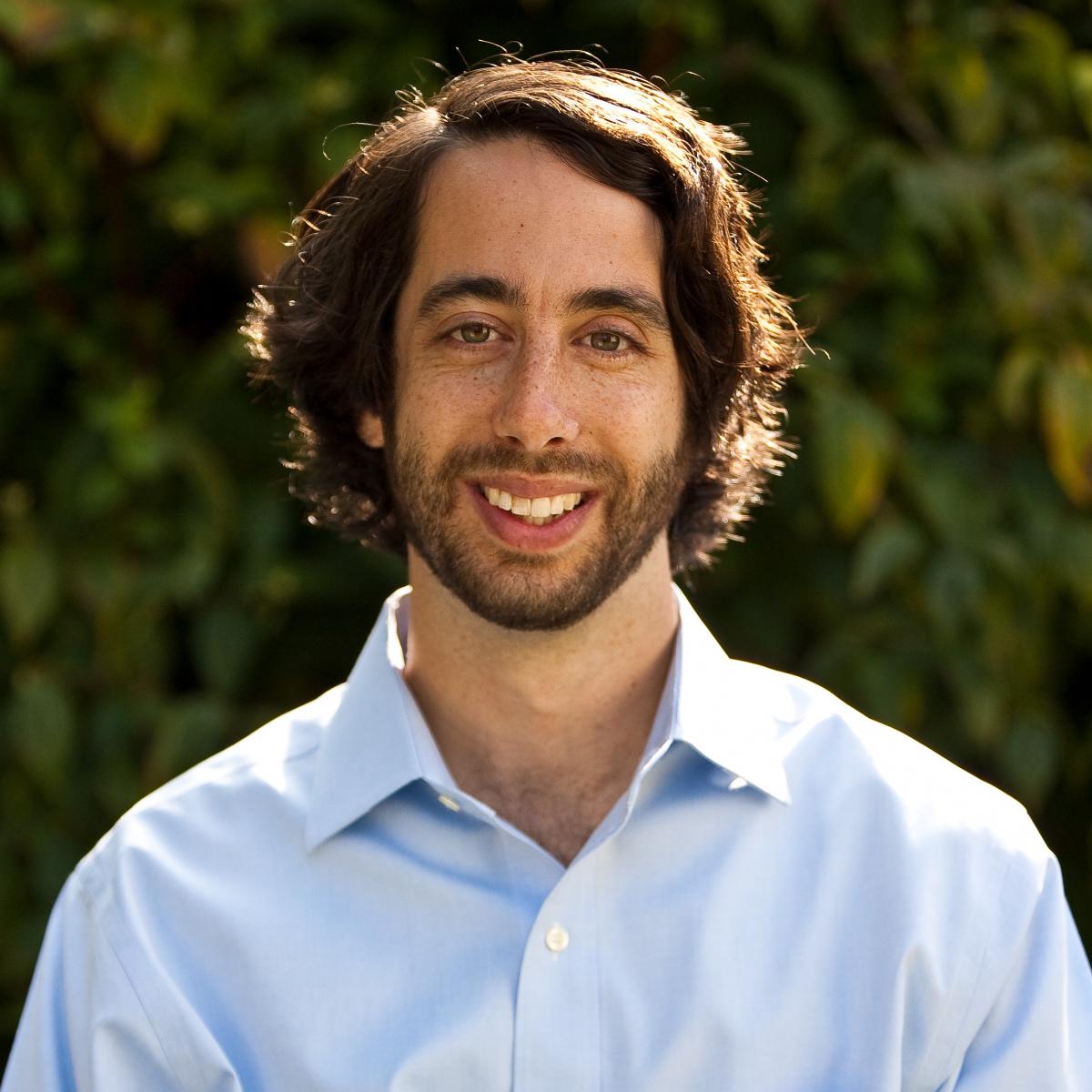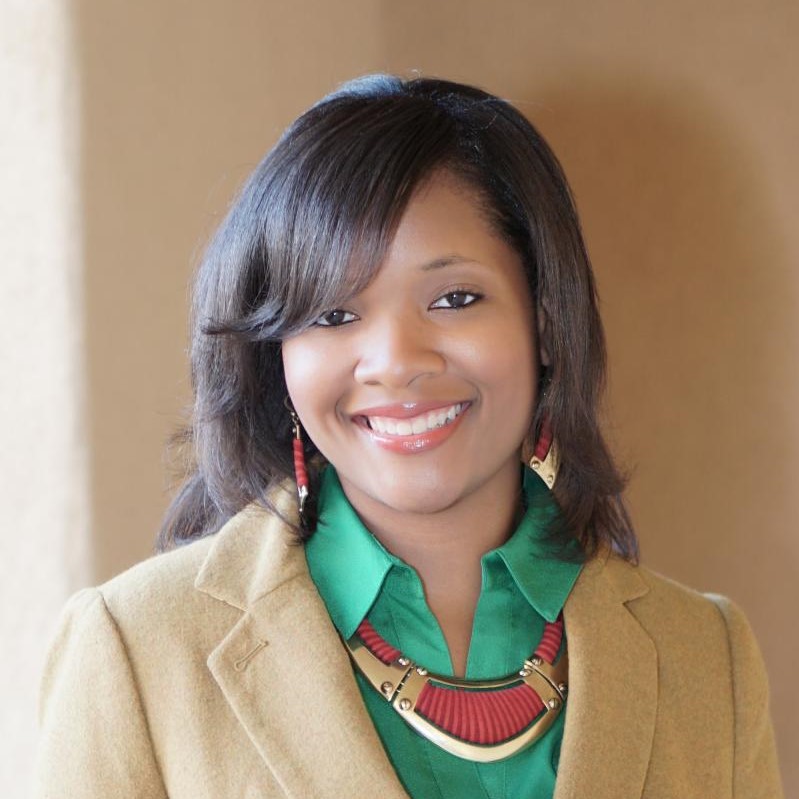Reclaiming Our Humanity Amidst Injustice: A Contextual Behavioral Science Skills-Based Approach to Social Connection Across Cultural Differences


Wednesday, June 15, 2022 - 9:00 a.m. to 5:00 p.m.
Recent years have demonstrated in blunt form how racism, sexism, and other forces of oppression are still deeply rooted in our societies, with toxic and deadly impacts. We are alarmed and appalled by the sharp increase in explicit acts of hatred which have recently occurred across multiple nations, just as we are concerned about the less visible, longstanding manifestations of oppression that have existed for centuries. At the same time, we recognize developments in psychological science that suggest that bias and prejudice exist as normative psychological processes on both an implicit and explicit level. These biases operate within all human beings, including well-meaning individuals who disavow hatred and oppression and espouse deeply held pro-social values – and even within communities that aspire to be safe havens of peace and love, like ACBS.
We believe that contextual-behavioral science (CBS) harbors abundant and largely untapped potential for addressing these problems in a global context. This two-day workshop is a direct application of CBS principles to the psychological processes that function as obstacles to connection across cultural differences. These principles and processes will be engaged with recognition of the broader context of institutional and structural forms of oppression. We will adopt an intersectional framework that explores how interpersonal contexts where we encounter difference (across race, gender, sexual orientation and many other identities) can result in a range of outcomes from experiences of disconnection and invalidating microaggressions to meaningful and intimate exchanges and deep connectedness.
The workshop will be largely experiential, with exercises grounded in a contextual-behavioral understanding of behavior change and applicable to participants inclusive of all nationalities. The specific processes of ACT and the five rules of FAP will be applied in this uncharted territory of connecting across cultural difference. Acceptance, defusion, and self-focused exercises are designed to increase awareness of sources of anxiety and bias that influence our behavior, and small-group exercises are designed to facilitate sustainable, intentional behavior change in intercultural interactions. We aim to produce more than a transient “feel good” experience. Rather, we aim to help attendees walk the difficult walk of utilizing CBS principles in moments that matter, whether they are interactions at a work meeting, a dinner with extended family, or a clinical encounter. In recognition of the challenging nature of these encounters, self-compassion exercises will be infused to facilitate a sense of connectedness, self-care, and present-moment focus during difficult dialogues. The theoretical and empirical foundations of exercises will be discussed and the workshop will also focus on generalizing the experiential work into the daily-life contexts of attendees through modeling, role-play practice, and feedback. Each participant will be asked to identify committed actions they can take to benefit the ACBS community throughout the World Conference, in their clinical work, and within their home communities.
The presenters have been developing, presenting and refining the ideas and exercises that will inform this workshop for several years and across multiple contexts. Empirical support for the CBS-informed exercises that will be engaged in the workshop have been demonstrated by two recent randomized controlled trials. Participants who engaged in these interventions demonstrated improved (more empathic and less biased) behavior when in clinical encounters with patients of color, and heightened feelings of connectedness and understanding when in inter-racial interactions that generalized to other members of out-groups not in attendance. In this workshop we will broaden an application of these mechanisms beyond race to multiple cultural identities.
Please note: the presenters are equal collaborators. They are listed alphabetically.
About Robyn Gobin, Ph.D.:
Dr. Robyn L. Gobin, Ph.D. is a licensed clinical psychologist with expertise in interpersonal trauma, the cultural context of trauma recovery, and evidence-based treatments for PTSD. She directs the Transforming Trauma and Mental Health Research Laboratory in the Department of Kinesiology and Community Health at the University of Illinois, where she is a tenure-track Assistant Professor. Her work has been recognized by the top professional associations in her field: she was the recipient of a Citizen Psychologist Presidential Citation from the APA and the Carolyn Payton Early Career Award from the Society for the Psychology of Black Women (Division 35).
About Daniel Rosen, Ph.D.:
Dr. Daniel C. Rosen is chair and professor in the Department of Counseling and Health Psychology at Bastyr University, and was the founding co-director of the Daniel K. Church Center for Social Justice and Diversity. Dr. Rosen completed his postdoctoral fellowship in the behavioral medicine program at Cambridge Health Alliance/Harvard Medical School, and his scholarship focuses on multicultural psychology and counseling, centering on issues of social and racial justice in mental health.
Learning Objectives:
Following this workshop participants will be able to:
- Describe a contextual-behavioral model of microaggressions and other behavioral obstacles that produce cultural health disparities in treatment processes and outcomes.
- Demonstrate acceptance skills in the presence of anxiety while interacting across cultural differences.
- Apply defusion skills in the presence of cultural stereotypes while interacting across cultural differences.
- Demonstrate engaging in committed, value-guided actions in the service of creating meaningful clinical relationships during challenging interpersonal cultural moments.
- Demonstrate in real-play experiential exercises with other participants how to repair connections in the wake of unintended microaggressions and other such punishing interactions.
- Explain how to increase your ability to respond flexibly, guided by values rather than defensiveness, when engaged in dialogue about privilege, differences or experiences of microaggressions.
- Demonstrate reinforcing the behavioral improvements of clients, friends, and family members when their efforts still leave you feeling punished, microaggressed, or guarded.
- Apply experiential work to specific clinical cases in your practice, or other relevant life settings, through role-plays and feedback.
- List specific behavioral risks you will take during the ACBS World Conference and at home in service of chosen values and utilizing the skills gained during the workshop.
- List sources of collective action within the ACBS community to advance culturally responsive practice and the promotion of social justice.
Target Audience: Beginner, Intermediate, Advanced, Clinical, Research
Components: Conceptual analysis, Literature review, Original data, Experiential exercises, Didactic presentation, Case presentation, Role play
Package Includes: A general certificate of attendance, lunch, and twice daily coffee/tea break on site.

